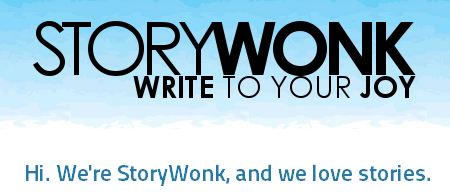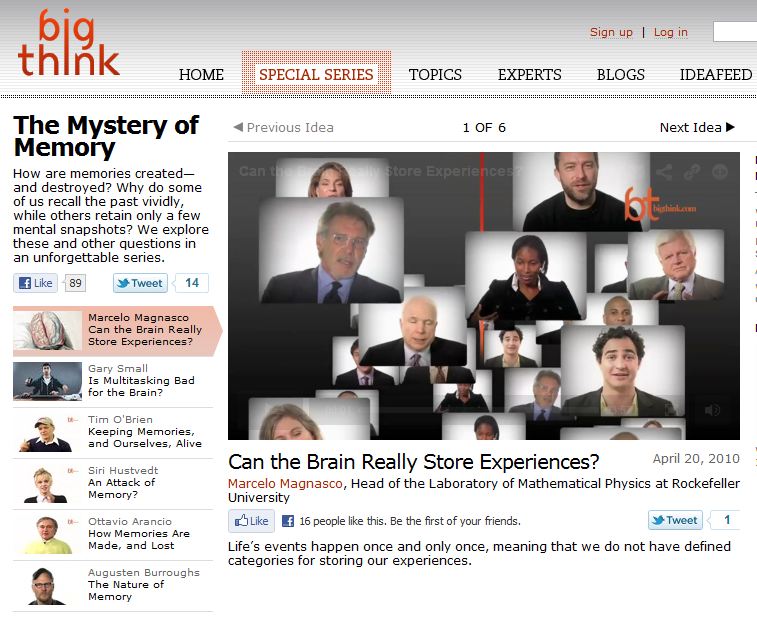Design inspiration can sometimes be in short supply in Instructional Design, so it can be really helpful to get inspiration from other fields (lots more to say about the shortage of design in ID, but that’s a rant for another day).
I’ve already waxed rhapsodic about being inspired by game design with sites like gamasutra or extra credits, but here are a few others that are giving me a nice buzz of ideas these days.
Storywonk

This is a series of podcasts about storytelling (for fiction writing, mostly). Even though I’m not doing any fiction writing, I’m really enjoying these, and it’s giving me lots of lovely ideas about writing learning scenarios, and for non-fiction writing.
I’ve written loads of learning scenarios over the years, but now I’m going to think about things like a 3-act structure, or a protagonist/antagonist relationship, or inciting events when I write them in the future.
And they are just fun to listen to (I bumped into these via the Popcorn Dialogues, which are also hugely fun).
The Big Think
I can spend hours following links around on this website (and I have spent hours sometimes — warning: huge timesuck ahead), but it’s fantastic and worthwhile and inspiring.
It’s like TED talks, but in shorter chunks, so it’s easier to float around following a stream of ideas. I particularly like the series that are organized around a theme or idea – http://bigthink.com/series.
Where do you get your inspiration? What other disciplines (sites, books, other media) do you hang out with when you need new ideas?


I’m less about sites; I’d rather find interesting people. So reading Seth Godin, or Merlin Mann, or seeing stuff from you or @hypergogue, is often enough to kick-start a useful train of thought. That said, what really makes me write is (a) experience of doing something and (b) having time to reflect on that. If there are no new experiences in my life, or no breathing space, that’s where I get blocked.
I find good music one of the most inspirational sources in life. Especially “complex” music like Beethoven, Chopin or Mozart. The emotional stories encoded in music help to engage memories and by doing so, help to see new options and opportunities.